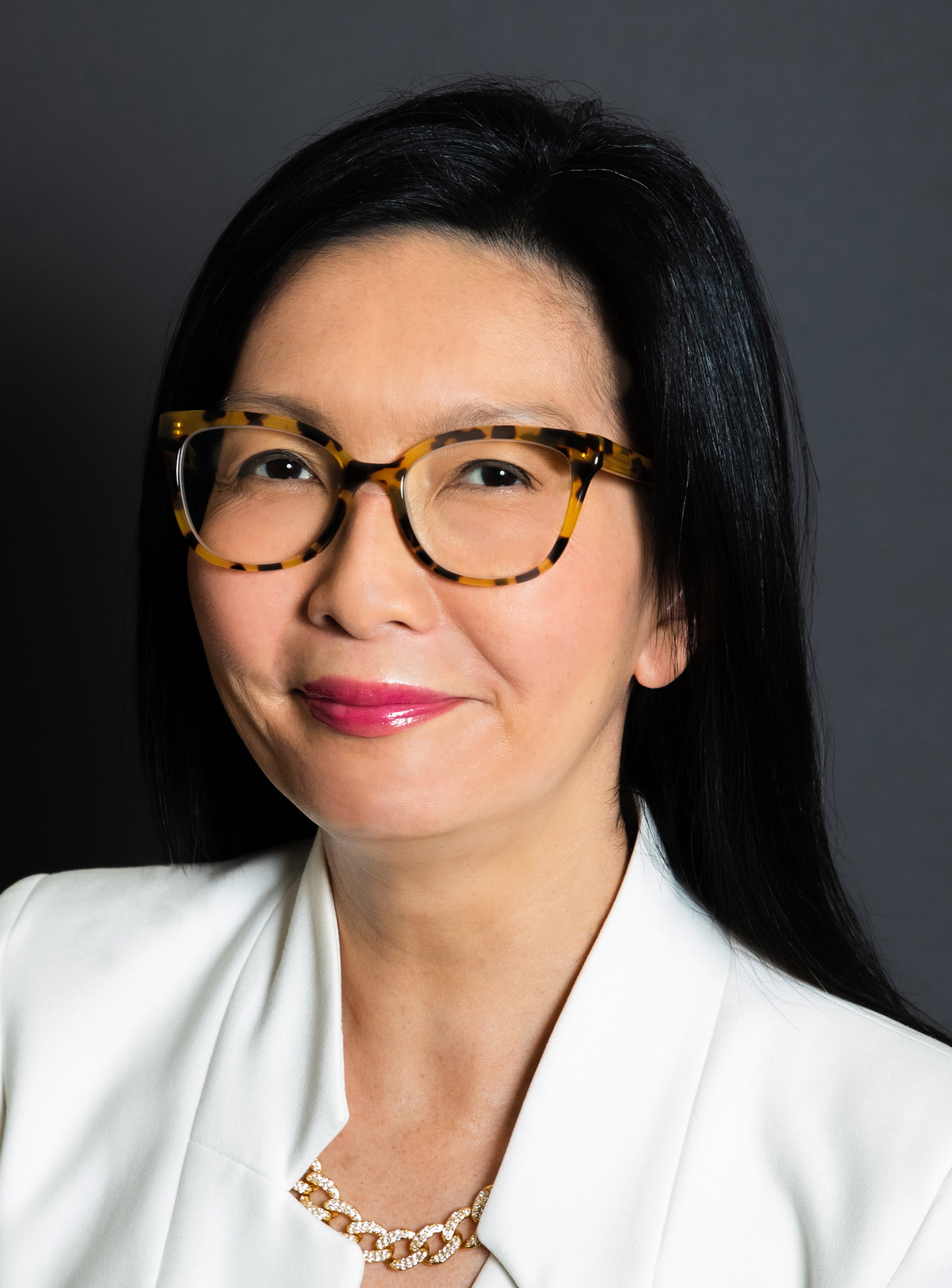Another school shooting proves Americans value freedom at an unbearable cost
Freedom, and its protection, is a fundamental tenet of the American identity. However, it’s important to note that even in a freedom-obsessed culture, we do routinely accept targeted limits on our freedoms for the community good.
Georgia state law, for example, limits my freedom to burn household trash in my front yard, even though it’s my yard and my trash.
DUI laws don’t limit my freedom to get drunk, but they do limit my freedom to drive drunk on public roads.
Traffic laws curtail my freedom to drive 80 mph in a school zone, or to pass a school bus as it loads and unloads students.
We accept these limits on assorted freedoms because we acknowledge that rights can still exist with regulation and, maybe even more importantly, that one person’s rights end where another’s begin.
Children should be able to go to school without being hurt or killed
Open burning laws protect communities against health hazards and environmental risks. DUI laws recognize that while individuals might make the personal choice to drink, pedestrians also have the right to be safe from drunk drivers.

And, of course, we recognize that children have a right to go to school without being injured or killed.
On Aug. 27, a shooter in Minneapolis opened fire during a Mass at a Catholic school during the first week of classes, injuring and killing many victims, mostly children.
Meanwhile, nearly a year ago in Georgia, a shooter opened fire at Apalachee High School about a month into the start of the new school year, murdering two students and two teachers while injuring many more.
Back to school season, it seems, has become back to school shootings season.
None of this, of course, is new. Mass shootings in America are so common as to be considered nearly routine. Smaller scattered incidents of community gun violence barely make the news at all.
We live in a country where every cellphone must be unlocked, but where unsecured guns are routinely accessed by toddlers who then accidentally shoot themselves in the face.
And still, here in Georgia we have done next to nothing on gun safety reform.
Americans disagree on if gun access matters more than children’s lives
There are many different forms of gun violence of course, with different types of shooters and victims, outcomes and motivations, causes and exacerbations.
But the common final pathway of all gun violence is access to a gun.
Of all the forms of gun violence in this country, one of the rarest — school shootings — still has the ability to pierce through our numbed consciousness on the issue.
Because school shootings violate all human sensibility.
The idea that children — our children — in the hours away from their parents’ physical protection, in a place where they should be safe, are not.
School shootings are a desecration. Perhaps none more literally than the shooting last Wednesday at Annunciation Catholic Church.
All of us — Democrats, Republicans, Independents and the apolitical — agree that kids should be safe at school. We all agree that kids should never be shot.
Where this country disagrees, however, is the costs we are willing to bear to decrease these risks.
Where this country disagrees is whether, when it comes to guns, the idea of “freedom,” and access to guns without constraints, is worth more than the lives of our children.
Are our kids less important than the distorted ideals the Second Amendment has come to inhabit in modern politics? Is shouting “Shall not be infringed!” a morally acceptable response to a grieving parent asking why we couldn’t do better to protect their child?
Americans are unwilling to answer key questions about school violence
Are we serious about preventing our kids from getting shot, or are we comfortable admitting we just don’t care enough?
We can’t keep nibbling around the edges with door locks and metal detectors and intercoms and bulletproof classroom closets. While parallel priorities like mental health access and school funding are worthy side discussions, they cannot supplant the importance of this core decision.
What do we value more, our guns or our children?
Until we can answer these questions honestly, morally and back up thoughts and prayers with conviction and action, we are simply resigning ourselves to bearing the unconscionable cost of what some like to think of as “freedom.”
Dr. Michelle Au, D-Johns Creek, is a physician in metro Atlanta and the District 50 member of the Georgia House of Representatives.

